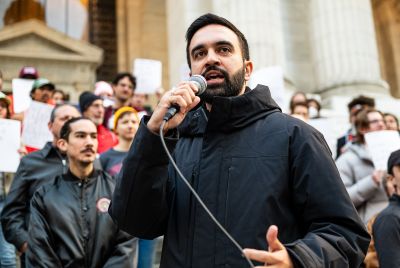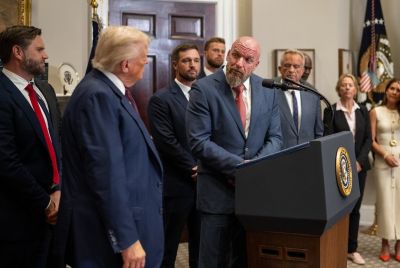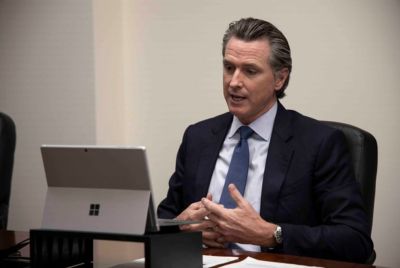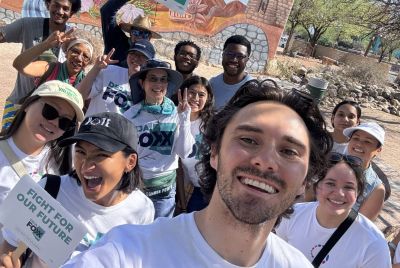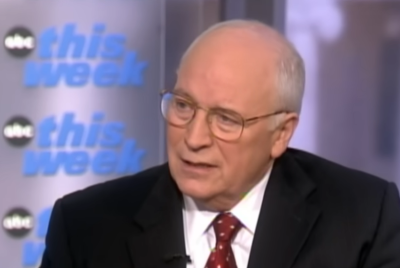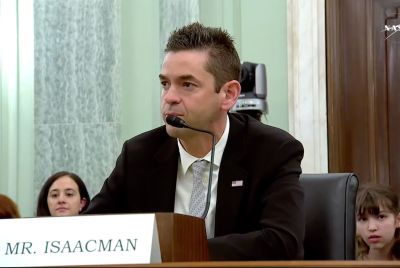Electoral fraud reforms will prevent poorest voting, says Livingstone
Voters will be asked to present identification at polling stations in a new pilot.
The government's plans to ask voters to present identification at polling stations under a new pilot scheme will disproportionately affect the poorest, says Ken Livingstone. Though the government said the proposals were aimed at combating electoral fraud, Livingstone said the Labour Party would most likely lose votes under the measures.
It is hoped that the pilot, which was announced on Tuesday (27 December) in response to a report on electoral reform by Sir Eric Pickles in August this year, will be undertaken at local elections in May 2018, and local councils will be invited to apply to participate. Pickles' report: "Securing the Ballot," made a number of recommendations in relation to eliminating electoral fraud, and the government said that the independent Electoral Commission had "long called for" the use of ID in polling stations.
However, speaking to the BBC's Today Programme, Livingstone, currently an independent after he was suspended by the Labour Party, said: "The real problem is the people most likely not to have a passport or a driving licence are going to be the poorest and that I suspect will basically hit the Labour Party."
He added: "It's really bad to make life more difficult for the vast majority of people when you're dealing with a handful of dodgy council people."
The government commissioned a review by Pickles, former Secretary of State for Communities and Local Government, after a Tower Hamlets mayor was disqualified in 2015 following a court ruling that the mayor had used corrupt and illegal practices to secure his election. While Pickles said the ruling in Tower Hamlets was "a wake-up call," Livingstone said the measures proposed by the review were disproportionate to the scale of the problem.
He argued: "If we had a real problem with fraud, as you've got in some dodgy countries around the world, it would be justified, but it really isn't."
Information provided in the report states that the total number of alleged cases of electoral fraud and complaints about elections in 2015, in which 51.4 million votes were cast in all the electoral contests which were held, totalled 665. Of those complaints, by far the most (383) related to campaign offences, which included false statements about candidates and the return of campaign expenses.
Chris Skidmore, Minister for the Constitution, said: "The new measures we are announcing today will protect anyone who is at risk of being bullied, undermined or tricked out of their vote – and their democratic right."
The government is right to give greater powers to electoral officials and the police to deal with intimidation and other unwanted behaviour
— Sir Eric Pickles (@EricPickles) December 27, 2016
Though the Labour Party said it supported the pilot, they added that changes to registration earlier this year saw thousands drop off the register after they were asked to re-register as individuals, rather than households.
Pickles' report made a series of 50 recommendations and raised a number of concerns with the current system, including the presence of activists outside polling stations and "promoting the use of non-English languages that could disguise coercion or influence within the polling station."
The government has said it would now consider how to take forward other key recommendations. These included giving greater powers to electoral officials and the police to deal with intimidation and other unwanted behaviour, nationality checking to prevent false registrations and requiring legal proof for requests for a waiver from giving a signature for a postal vote.
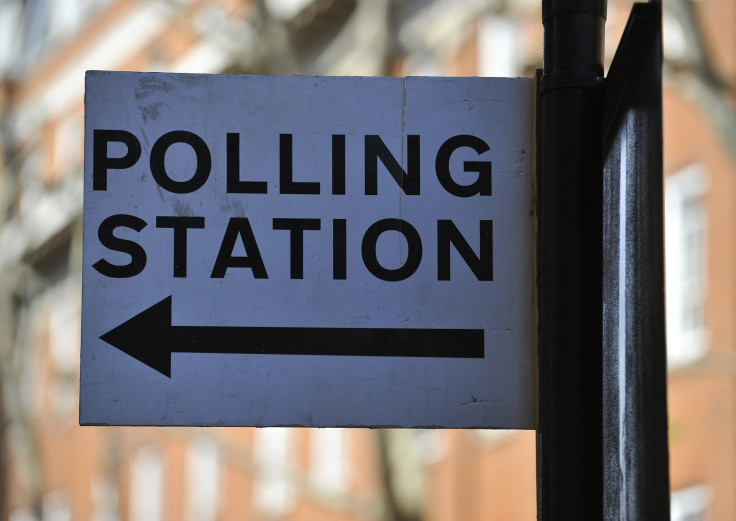
© Copyright IBTimes 2025. All rights reserved.







